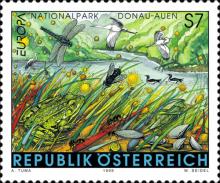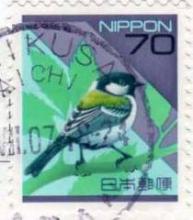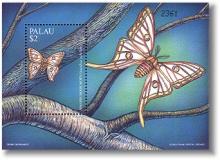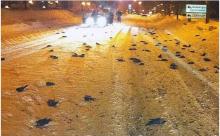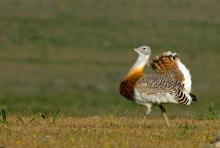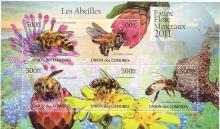Voordracht Henk Tennekes aan de universiteit van Heidelberg over het risicoprofiel van neonicotinoide insecticiden
Op 16 februari 2011 gaf de Nederlandse toxicoloog Dr. Henk Tennekes een lezing aan het Institute of Public Health van de universiteit Heidelberg over het risicoprofiel van neonicotinoide insecticiden. Een Nederlandse versie van de powerpoint presentatie is bijgevoegd. De presentatie is ook beschikbaar in Duits, Engels, Frans en Japans (zie bijlage). Dr. Tennekes komt o.a. tot de conclusie dat de toxiciteit van imidacloprid en thiacloprid voor arthropoden wordt versterkt door de blootstellingstijd, de dosis-werkings-relaties hetzelfde zijn als die van kankerverwekkende stoffen, en het is dus maar zeer de vraag is of er een veilig expositieniveau is voor niet-doelwit arthropoden. Hij belichtte ook de ernstige gevolgen van de zware oppervlaktewaterverontreiniging met imidacloprid in Nederland.



